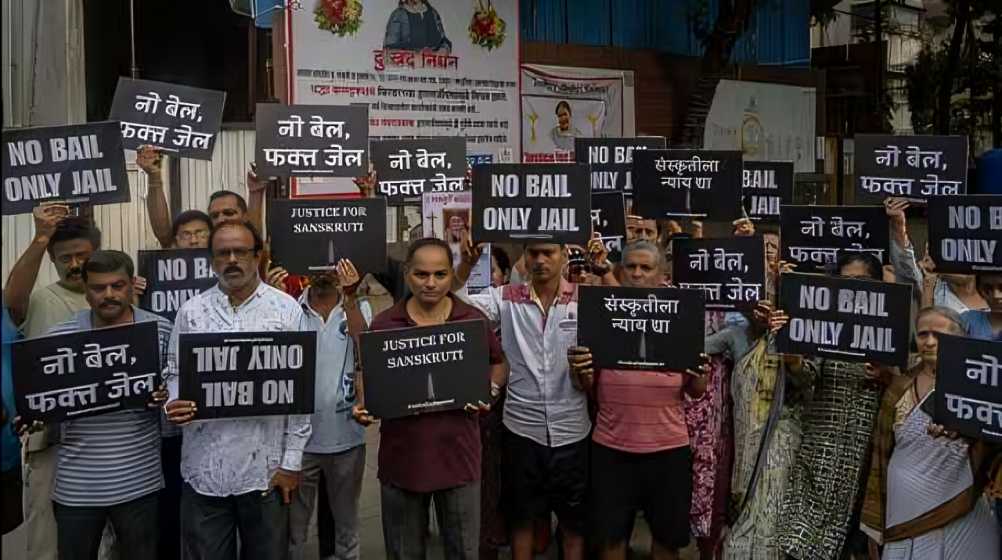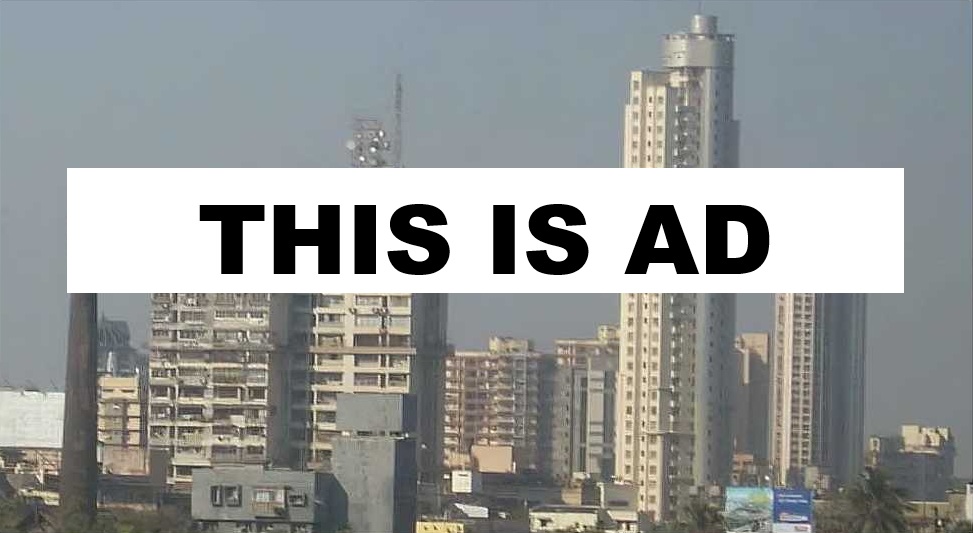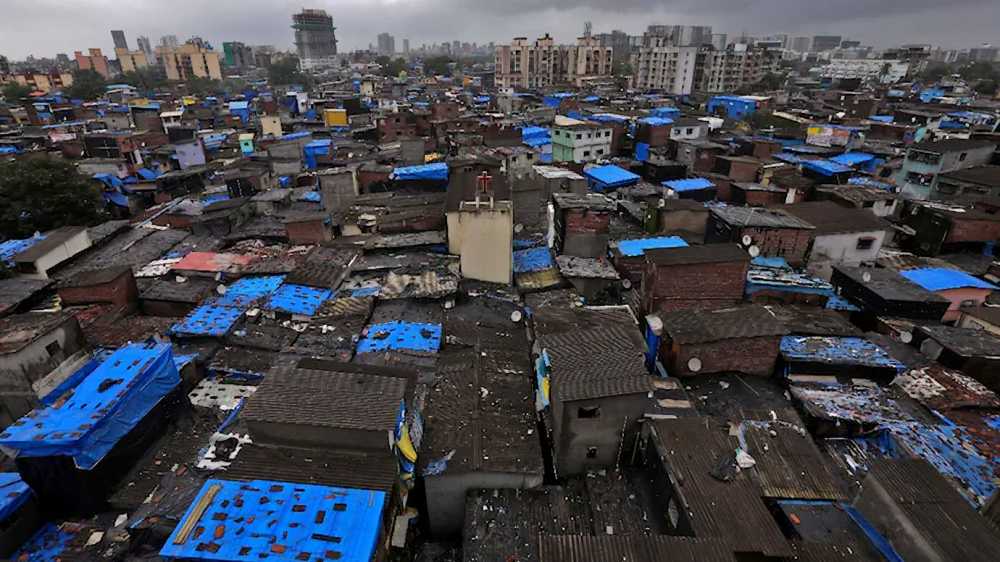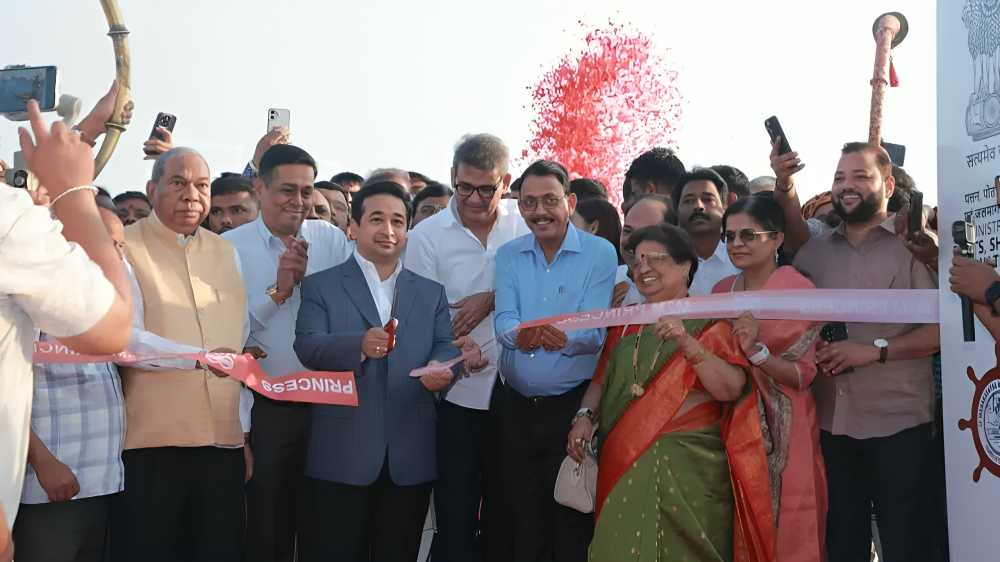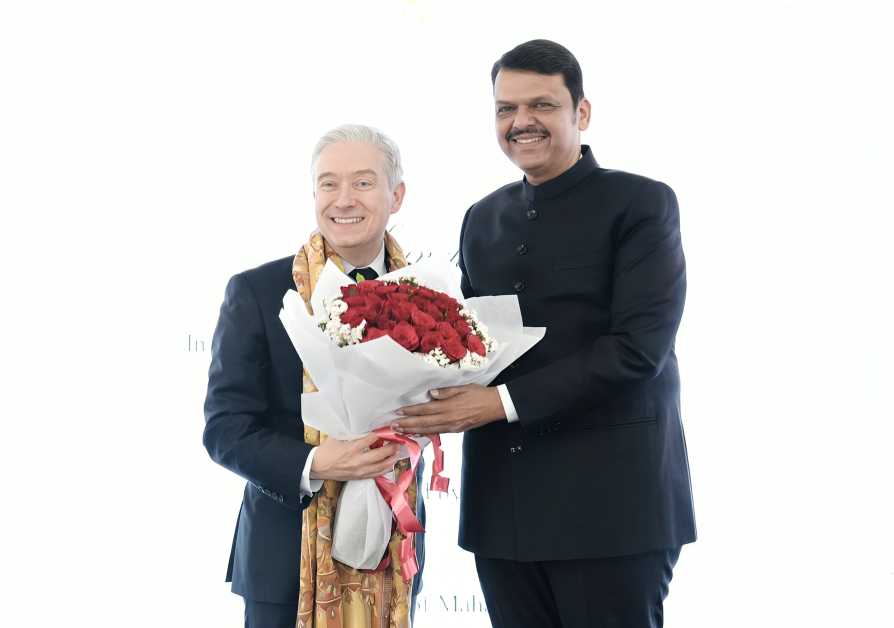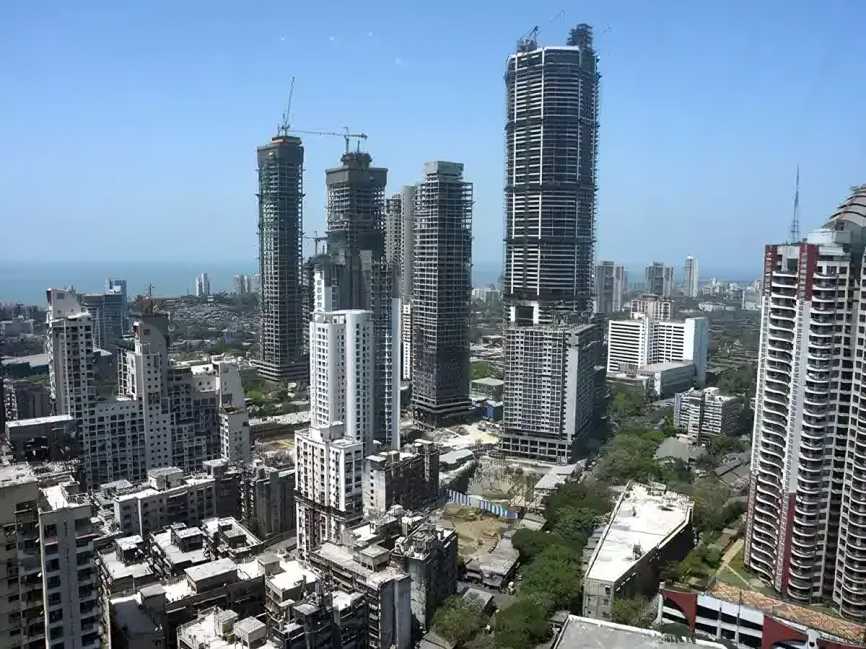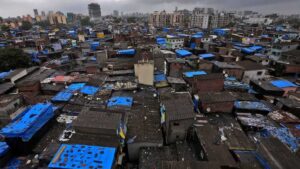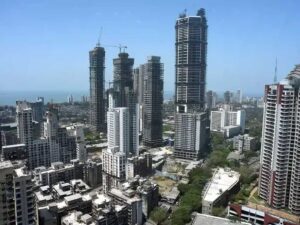November 03, 2025: Mumbai’s skyline may be soaring, but its rapid vertical expansion has come at a devastating human cost. The city’s construction boom—marked by constant redevelopment and high-rise ambitions—has left a trail of ordinary lives crushed under falling debris, iron rods, and concrete slabs.
In Jogeshwari East, 37-year-old tailor Asif Shaikh still shudders when he recalls the moment his world collapsed. “My wife Shama had picked up our nine-year-old daughter, Aayat, from school, and they were returning home in an autorickshaw when an iron rod from a partially constructed building, AIM Paradise, fell on them. My wife died instantly, and Aayat died hours later,” he said. Two years later, when 22-year-old Sanskruti Amin was fatally hit by a falling concrete slab in the same locality on October 8, Shaikh was haunted by the memory.
These deaths are not isolated tragedies. Falling debris, rebars, and cranes have claimed multiple lives across Mumbai—not merely due to bad luck but because some builders operate with impunity, flouting safety norms and laws.
In February 2023, Imran Khan, 30, and Sabir Ali, 36, were having tea near the Four Seasons Residency Project in Worli when a concrete block from a crane plunged from the 42nd floor, killing them instantly. “We camped outside the Worli police station for three days, refusing to claim the bodies because the police wouldn’t file charges,” recalled Imran’s cousin, Ashadujjaman Khan. “Finally, the builder was brought in, and the police asked us how much money we wanted.” The families eventually accepted compensation—Rs 27 lakh and Rs 4 lakh for Imran’s dependents and a similar payout for Sabir’s—after political intervention. “How long could we fight? Sooner or later, the builder would go scot-free,” Khan admitted.
Shaikh faced a similar dilemma. “Nothing could bring back the lives I’d lost,” he said. His surviving son’s future became his focus. “Through political leaders, it was decided my boy would receive a Rs 35-lakh fixed deposit, a flat, and the builder would pay for his education and healthcare until he turned 20. They also gave me Rs 4 lakh.”
Under Section 106 of the Bharatiya Nyaya Sanhita (earlier 304A of IPC), builders can be charged with “death by negligence,” punishable by up to five years in prison or a fine. Yet convictions are exceedingly rare. Former IPS officer Y.P. Singh explained, “Builders usually receive the ‘cooperation’ of the police and prosecution. These cases are either disposed of because of absent or hostile witnesses, or after years, the builder confesses and is let off with minimal punishment.”
The Brihanmumbai Municipal Corporation (BMC), tasked with enforcing safety, admits its limitations. Municipal Commissioner Bhushan Gagrani said, “It’s not practical to frequently monitor thousands of ongoing projects. However, whenever complaints are received, the BMC does the checks.”
After repeated tragedies, new government safety regulations were introduced in 2023, mandating a safety officer at each site, periodic BMC inspections, and protective barriers. The onus now lies on builders, safety officers, and the BMC itself.
For Sanskruti Amin’s family, these regulations offer a glimmer of hope. “We want the builder to be held accountable,” said her uncle, Arun Kotain. The family succeeded in getting police to include Section 105 of the BNS (culpable homicide not amounting to murder) in the FIR. “This was possible because residents had earlier complained about falling objects,” said their lawyer, Ninad Muzumdar. The family now prepares to challenge the builder’s anticipatory bail plea.
For now, posters seeking justice for Sanskruti still hang near the construction site—a grim reminder that Mumbai’s growth often comes at the cost of its people’s lives.
Source: Hindustan Times




